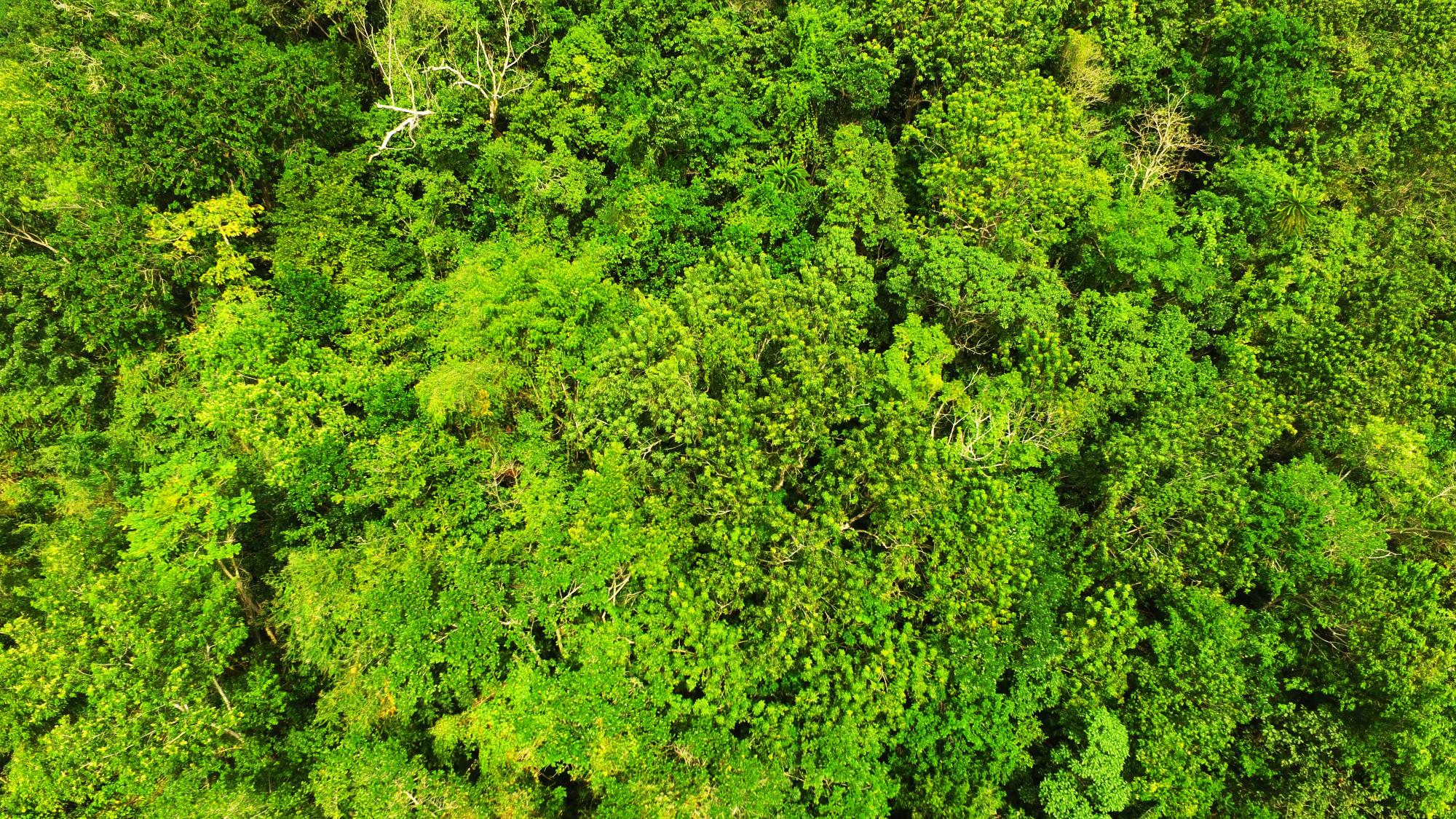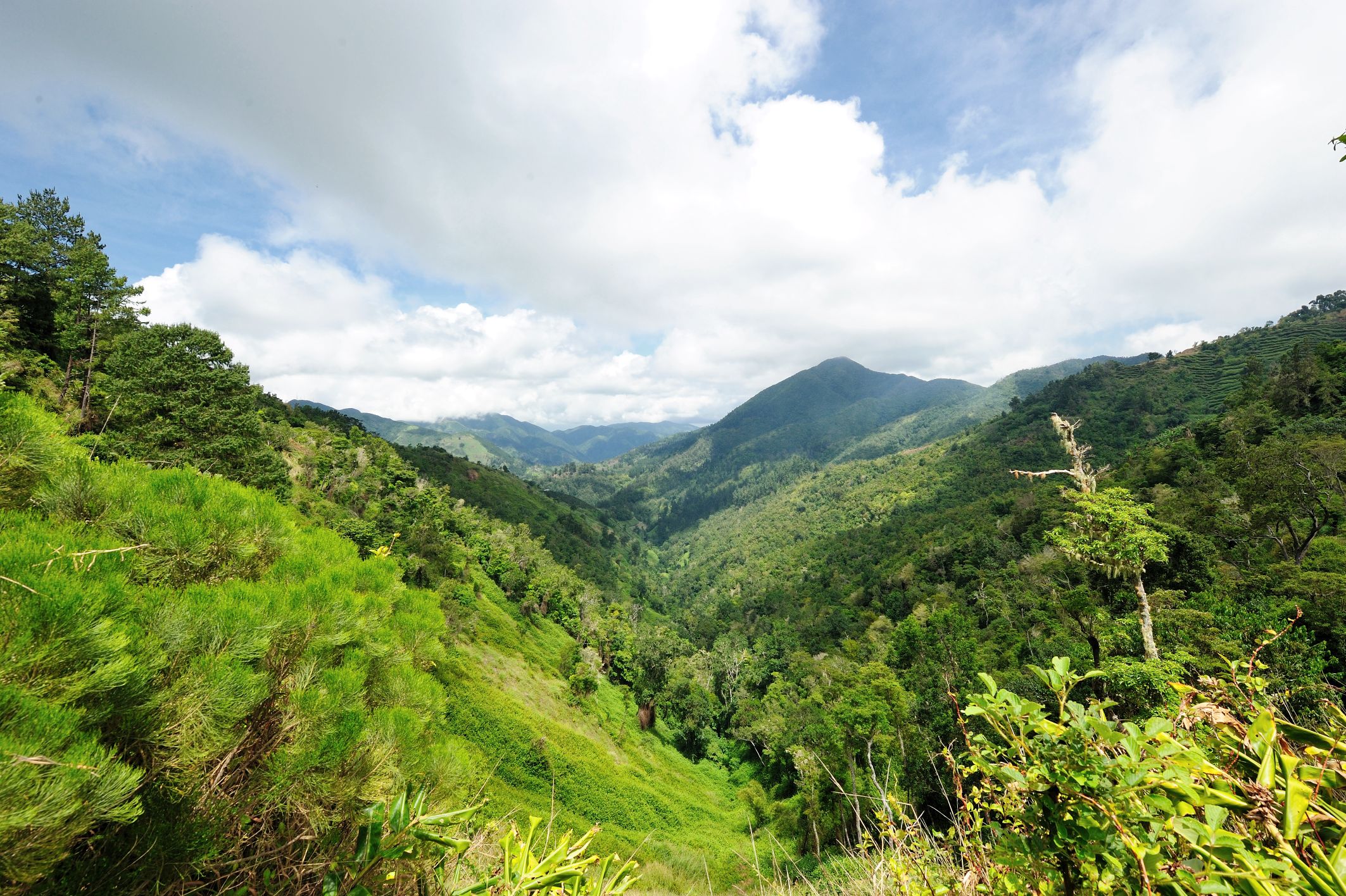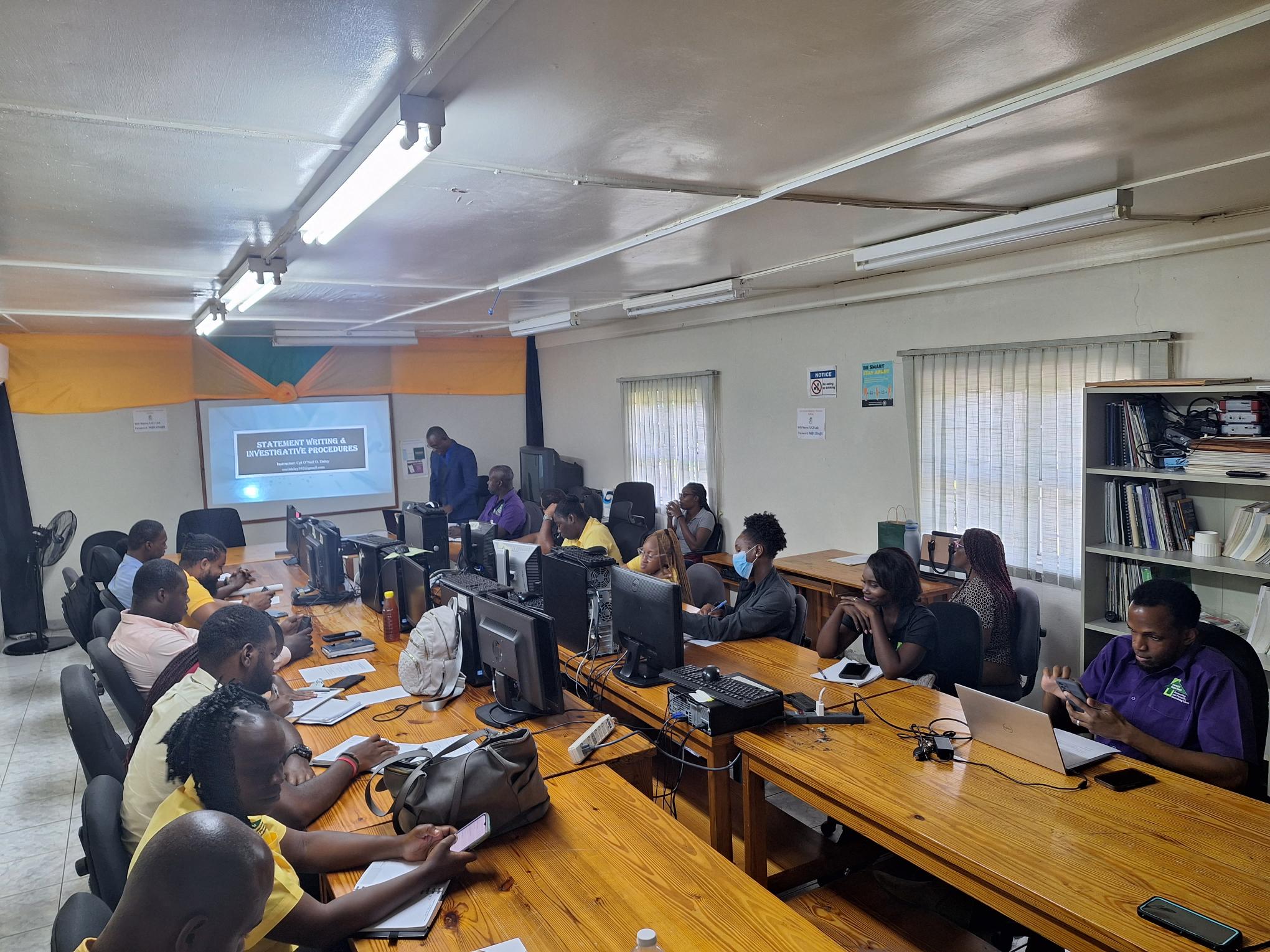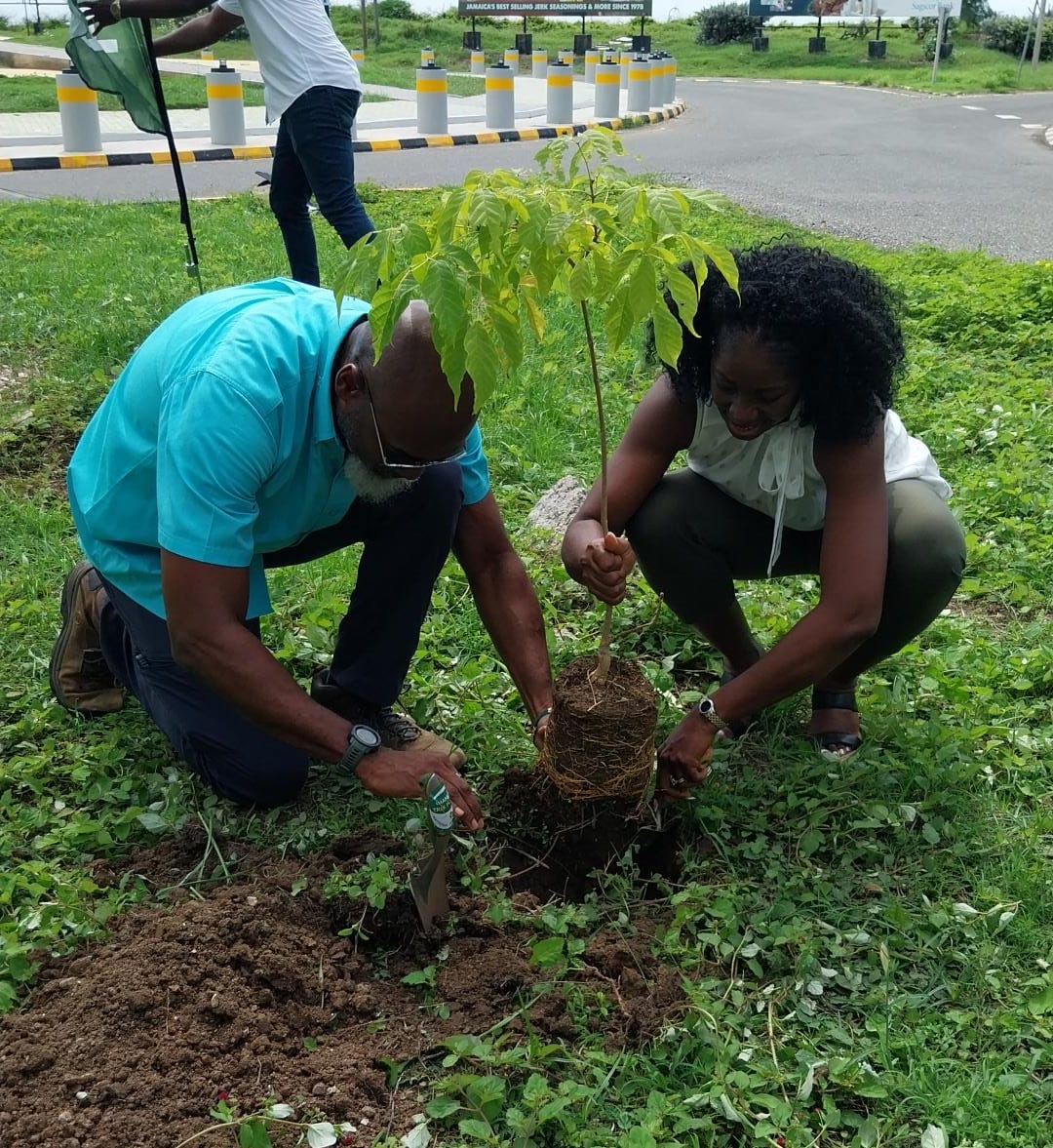Forests Central to People's Needs and Climate Action
The sustainable management and conservation of forests must be considered in the design and implementation of the new sustainable development goals and the new climate change agreement to be adopted this December in Paris, according to UN officials and forest experts in messages for the International Day of Forests, observed on 21 March.
At least 1.6 billion people directly depend on forests for food, fuel, shelter and income, but everyone benefits from the clean air, water, and climate regulation that forests provide. Three fourths of freshwater, crucial for human survival, comes from forested catchments. Healthy forests are critical for building resilience—the ability to bounce back from storms and other natural disasters. Mangrove forests, when left intact, reduce loss of life and damage caused by tsunamis.
With a focus on climate change, this year’s International Day of Forests aims to highlight how sustaining healthy forests and tackling climate change go hand in hand.
“Forests are integral to the post-2015 development agenda,” said Secretary-General Ban Ki-moon said in his message marking the International Day of Forests, observed on 21 March. “To build a sustainable,climate-resilient future for all, we must invest in our world's forests.”
Forest Remain Greatest Carbon Sink that Humans Can Influence
Forests are the largest storehouses of carbon after oceans. They can absorb and store carbon in their biomass, soils and products, equivalent to about one tenth of carbon emissions projected for the first half of this century. At the same time, deforestation and land-use changes account for 17 per cent of human-generated carbon dioxide emissions.
Wu Hongbo, Under-Secretary-General for Economic and Social Affairs, said the benefits that forests provide are incalculable. “Forests drive economic development and prosperity, provide jobs and livelihoods, and at the same time, promote health and well-being. Proven solutions exist to create the future we want; investing in our forests is a pathway to transformative sustainable development.” Manoel Sobral Filho, Director of the United Nations Forum on Forests Secretariat, said “As the world’s population grows, demand for forest goods and services continues to increase. The dividends from forest stewardship will benefit us, and future generations.”
"Forests are central to the global effort to meet the climate change challenge, eradicate poverty and realise a sustainable century,” said Christiana Figueres, Executive Secretary of the UN Framework Convention on Climate Change.”
Successful Climate Solution Impossible without Major Forest Role
Figueres added, “The new universal climate agreement to be inked in Paris at the end of the year needs to put in place a swift peaking of global emissions, a deep decarbonisation of the world-wide economyand climate neutrality in the second half of the century--this will not be possible without smarter and more sustainable ways of managing existing forests and the restoration and expansion of many lost and degraded ones.”
Tackling deforestation, Helen Clark, UNDP Administrator, said, requires mobilizing political commitment and working through partnerships. “Addressing deforestation promises wins for our climate, biodiversity, and inclusive development. But tackling deforestation requires political will and leadership from all sectors.”
Global targets set by the international community are driving action that will strengthen forest biodiversity, according to Braulio Ferreira de Souza Dias, Executive Secretary of the Convention on Biological Diversity. “These targets provide a foundation for addressing the underlying causes and direct pressures of forest loss as well as improving its status, enhancing benefits to all and ensuring wide-spread participation in forest and tree management.”
Mike Wingfield, President of the International Union of Forest Research Organizations said the many uncertainties associated with climate change require a robust understanding of appropriate forest strategies. “Global collaboration in forest research plays a key role in improving knowledge that will underpin effective measures for adaptation and mitigation.”
The International Day of Forests is dedicated to raising awareness of the importance of all types of forests and trees outside forests. Global celebrations will range from community-level tree-planting events, to publication of new forest data and analysis, as well as cultural activities featuring art,photographs and film festivals.
(New York, 20 March)







